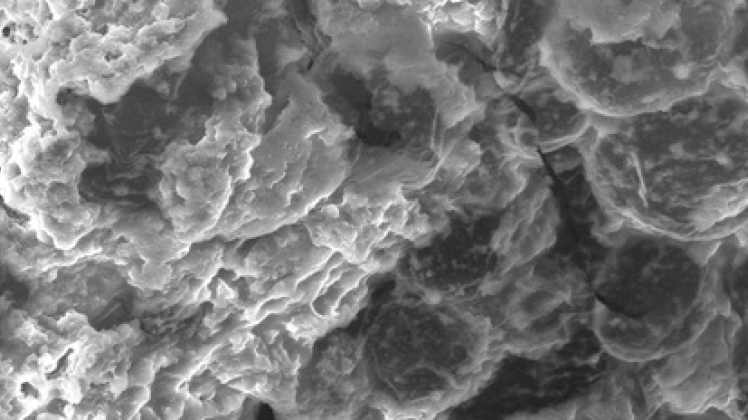About
Completed
| During the last decades a significant growth in both production and consumption of pharmaceutical products has been observed. This is because health services cover a higher number of users due to health policies, population growth, and scientific development, especially in medicinal and pharmaceutical sciences. In livestock an increased use of animal drugs has also been verified. This consumption causes the discharge of high amounts of these products and their metabolites, mainly from hospital effluents, excreta, and improper disposal of surplus- or expired products, into municipal collectors. Wastewater treatment plants (WWTP) can only partially remove these products and the remainder is released in the aquatic environment with the treated effluent. Moreover, in livestock farms the excretions are also contaminated with pharmaceuticals, and these wastes are often used for fertilization of agricultural soils, which can contribute to the introduction of pharmaceuticals in the food chain. On the other hand, during rain or irrigation water percolates through the soil transporting some of the contaminants to the groundwater. Because of the presence of pharmaceuticals in different environments, both aquatic and terrestrial, these have now been classified as emerging pollutants. For the decontamination of the environment it is necessary to develop and apply remediation technologie. The use of nZVIs in environmental remediation is very recent, and its application to soils is still very scarce, especially when the production of these nanoparticles is performed using a "green" procedure. This procedure is based on the reductive capacity of extracts obtained from various natural materials, which produce nZVIs after mixture with a ferric solution. This project aims to: (i) optimize the production of extracts from various natural products (tree leaves and fruit peels) with high reductive capacities, (ii) characterize iron nanoparticles, namely their physical properties and reactivity (iii) evaluate the remediation process efficiency in laboratory tests and semi-pilot scale experiments, (iv) assess the environmental impact of the developed remediation technology. |
Keywords
Eco-innovative materials
Environment
Mitigation and Remediation
Start Date
CERENA Role
Coordinator
Coordinator/Local PI
Integrated Member
Jubilee Professor
CERENA Team
Proponent Institution
ICETA - Instituto de Ciências e Tecnologias Agrárias e Agro-Alimentares da Universidade do Porto
Partners
CERENA / Faculdade de Engenharia da Universidade do Porto
Funding Programme
FCT/PTDC/AAG-TEC/2692/2012|FCPMP-01-0124-FEDER-02791
Total Funding
136 149,00 €
CERENA Funding
34 038,00 €


